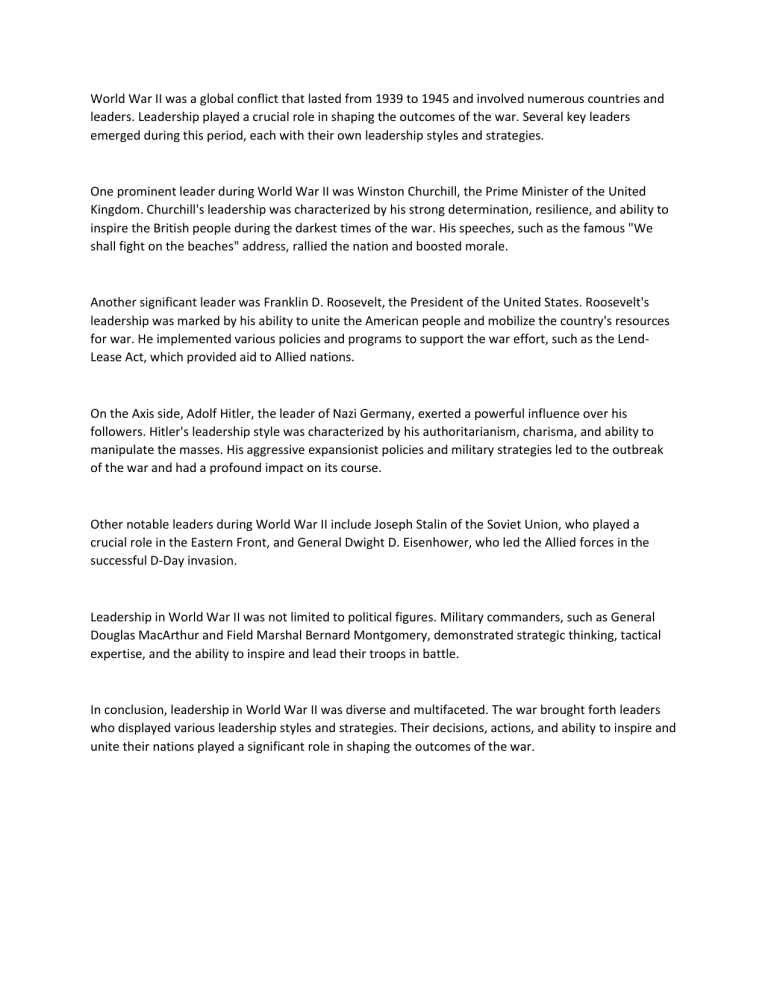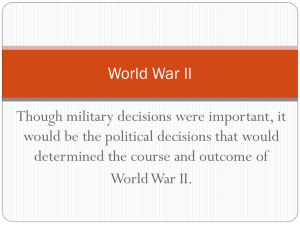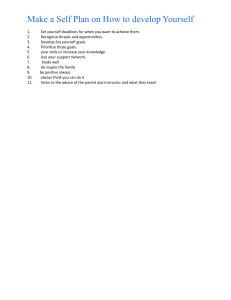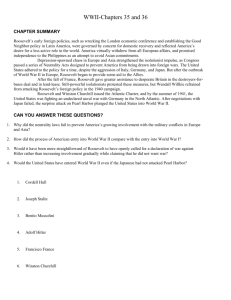
World War II was a global conflict that lasted from 1939 to 1945 and involved numerous countries and leaders. Leadership played a crucial role in shaping the outcomes of the war. Several key leaders emerged during this period, each with their own leadership styles and strategies. One prominent leader during World War II was Winston Churchill, the Prime Minister of the United Kingdom. Churchill's leadership was characterized by his strong determination, resilience, and ability to inspire the British people during the darkest times of the war. His speeches, such as the famous "We shall fight on the beaches" address, rallied the nation and boosted morale. Another significant leader was Franklin D. Roosevelt, the President of the United States. Roosevelt's leadership was marked by his ability to unite the American people and mobilize the country's resources for war. He implemented various policies and programs to support the war effort, such as the LendLease Act, which provided aid to Allied nations. On the Axis side, Adolf Hitler, the leader of Nazi Germany, exerted a powerful influence over his followers. Hitler's leadership style was characterized by his authoritarianism, charisma, and ability to manipulate the masses. His aggressive expansionist policies and military strategies led to the outbreak of the war and had a profound impact on its course. Other notable leaders during World War II include Joseph Stalin of the Soviet Union, who played a crucial role in the Eastern Front, and General Dwight D. Eisenhower, who led the Allied forces in the successful D-Day invasion. Leadership in World War II was not limited to political figures. Military commanders, such as General Douglas MacArthur and Field Marshal Bernard Montgomery, demonstrated strategic thinking, tactical expertise, and the ability to inspire and lead their troops in battle. In conclusion, leadership in World War II was diverse and multifaceted. The war brought forth leaders who displayed various leadership styles and strategies. Their decisions, actions, and ability to inspire and unite their nations played a significant role in shaping the outcomes of the war.



